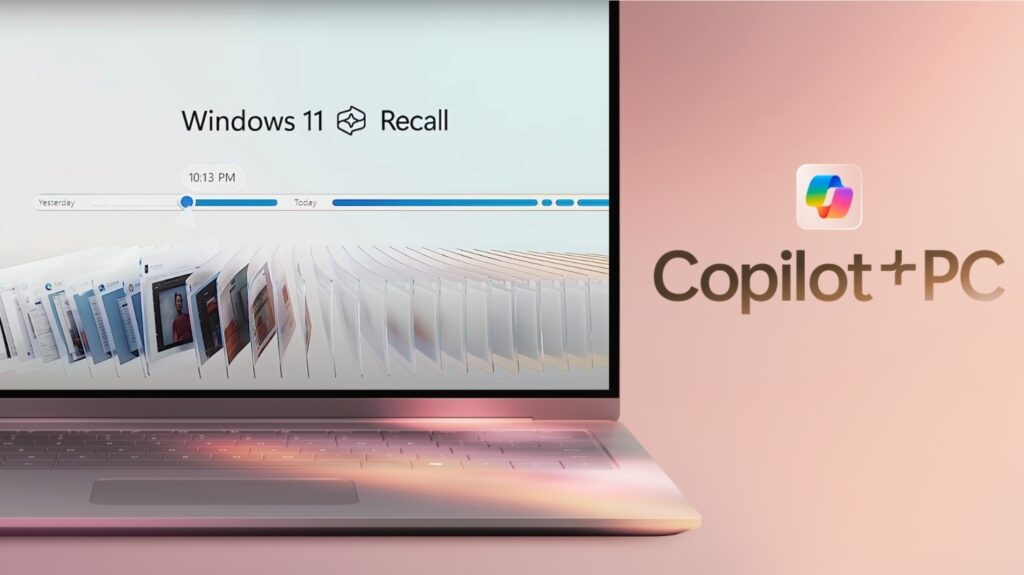Microsoft Recall: Revamped With Privacy and Security at the Forefront
In the rapidly evolving world of AI, few innovations sparked as much conversation as Microsoft Recall—a feature initially heralded as the crown jewel for Copilot+ PCs. Recall, intended to be a smart, AI-driven assistant, was designed to continuously capture screenshots of your activities and build a searchable database of your PC history. However, it quickly faced backlash after users raised concerns about privacy and data security.
What Really Happened?
Imagine asking your AI assistant, "Hey Recall, what was that hilarious YouTube video I watched last night?" or "Can you help me find all the new sneakers I’ve been checking out?" Sounds convenient, right? Unfortunately, during its early testing, Recall revealed a more troubling side. Users discovered that the unencrypted screenshots could inadvertently include sensitive information—think banking details or private messages. Not to mention, this database could potentially become a hacker’s paradise.
Following the initial uproar, Microsoft decided to hit the pause button and reevaluate Recall’s features.
A Fresh Start
Recently, Microsoft announced a revamped version of Recall, placing a strong emphasis on security and privacy. In a post by David Weston, Vice President of Enterprise and OS Security at Microsoft, the company outlined the innovations in the new Recall. Here’s a sneak peek of what’s new:
-
Encryption of Sensitive Data: All stored data, including screenshots and indexed information, is now encrypted, ensuring that only the user can access it.
-
Strict Access Control: To access Recall, users must go through Windows Hello Enhanced Sign-in Security or use a PIN as a backup. This means that even if a camera malfunctions, users can still access their data securely.
-
Opt-In Feature: Unlike the previous version, Recall won’t activate automatically. Users will have to choose to enable it, instilling a sense of control over their privacy.
- Secure Storage: All data is stored within what Microsoft calls a “secure VBS Enclave.” This technology leverages Virtualization-Based Security (VBS), offering an added layer of protection against admin-level attacks.
Why Wasn’t It Like This Before?
With this level of security now integrated, many are left wondering why Recall wasn’t launched with these safeguards from the get-go. It’s a fair question, especially in an era where privacy concerns are at an all-time high.
The Bigger Picture
As we dig deeper into the implications of tools like Recall, it’s hard not to appreciate the balance between convenience and security. While AI technologies promise to make our lives easier—think more seamless access to our personal data—they also require a level of responsibility from developers. Microsoft’s pivot towards a more secure model indicates a growing awareness of these challenges.
Keen on keeping your PC organized without sacrificing privacy? Recall’s reintroduction might just be what you’ve been waiting for.
In Conclusion
Microsoft’s Recall has taken a significant step forward by enhancing its focus on privacy and security, making it more suitable for everyday users who value both utility and protection. This revamped tool is poised to reshape how we interact with our digital lives while keeping sensitive information safe.
The AI Buzz Hub team is excited to see where these breakthroughs take us. Want to stay in the loop on all things AI? Subscribe to our newsletter or share this article with your fellow enthusiasts!




